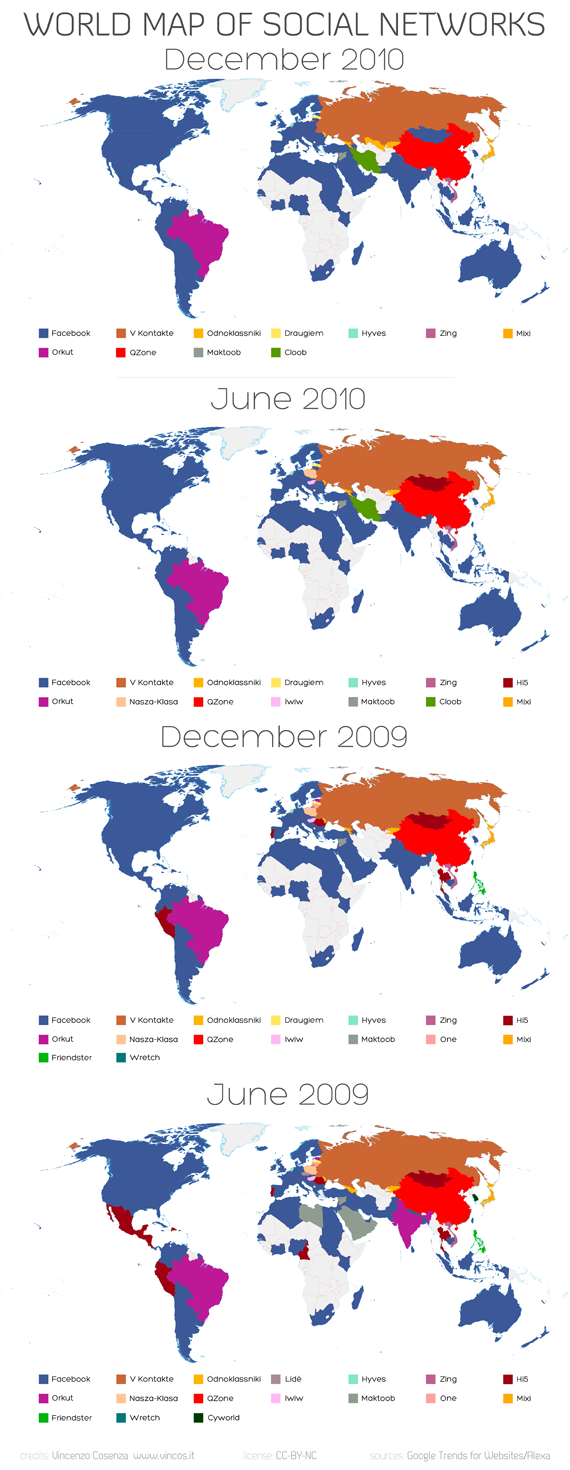
Chile: Declaration of Natural Gas Independence
Chile has quietly issued its second declaration of independence -- not from Spain this time, but from the rest of South America.
In her state of the union speech May 21, Chilean President Michelle Bachelet announced plans to construct a second liquefied natural gas (LNG) import facility in Chile -- this one in the North, likely at Mejillones -- to provide for expanded copper mining energy needs. This LNG facility should come on line in 2009; the LNG facility already under construction further south in Quintero should come on line in 2008. Together, these facilities should be able to import about 8 billion cubic meters of natural gas -- roughly equivalent to the amount Chile imports from Bolivia via pipelines through Argentina. LNG facilities are also relatively inexpensive and easy to expand to keep up with increasing demand.
Chile's future natural gas demands are not clear. Estimates of a 15 percent demand increase over the next five years are likely unfounded as they were built on the presupposition that Bolivian natural gas supplies would be not only cheap but also reliable. Instead, Chile -- including copper mines in the North -- is looking to coal-fired power plants and possibly further hydroelectric development as a cheaper alternative to the gas-fired plants responsible for most of the country's projected natural gas demand growth.
Chile will not necessarily stop importing natural gas from Bolivia -- it will still be cheaper than the LNG -- but the new LNG facilities mean Chile will no longer be held hostage by Bolivian or Argentine supply disruptions. Argentina has guaranteed Chile the natural gas necessary to heat its homes but reserves the right to cut supply to industrial facilities, including petrochemical and electric generation plants -- a right Argentina exercised in early May due to higher domestic demand during a cold winter onset.
Chile's reliance on Bolivian natural gas is poetic justice, as Chile has something Bolivia desperately wants -- guaranteed access to the Pacific Ocean over land Chile took from it during the War of the Pacific in the late 1800s. Bolivians have been so angry at their landlocked position ever since that they refuse to sell natural gas directly to Chile -- hence the reroute through Argentina. In 2004, a popular referendum passed that asked the people whether they would be willing to increase investment in natural gas for export -- but the terms of the referendum still precluded sales directly to Chile. Bolivia's political situation then went from volatile to explosive, and a new president -- Evo Morales -- took power.
Chances for a deal started looking up in 2006 when Bachelet discussed the issue with Morales at a groundbreaking meeting. This year's sequel to that meeting took place May 18, but the Bolivian press has been oddly silent regarding its results -- probably because Chile no longer needs to negotiate.
If Chile proceeded with a plan to trade ocean access for direct natural gas purchasing rights (and this seems unlikely), it would be out of diplomatic goodwill rather than economic necessity at this point. Furthermore, even if Chile were willing, there is little prospect that Bolivia, already tied in its own knots, could overcome the domestic obstacles to securing an agreement on such a touchy subject. On May 20, Bolivian Vice Minister of International Economic Relations Pablo Guzman Laugier suggested that an entirely new referendum -- perhaps attached to the new constitution, which is supposed to be put to a vote in August but will likely be delayed -- might be necessary.
For the past three decades, Chile has been comfortable ignoring the rest of South America, enjoying its perch on the other side of the Andes and developing its own trade agreements with Asia and the United States. Natural gas dependency counteracted this tendency toward regional aloofness, beginning with Argentine supply cuts in 2004. With these upcoming LNG developments, Chile will not disengage from the continent completely -- but its main reason for needing to stay involved will soon be liquidated.
(www.stratfor.com apud André Balsalobre)














No comments:
Post a Comment